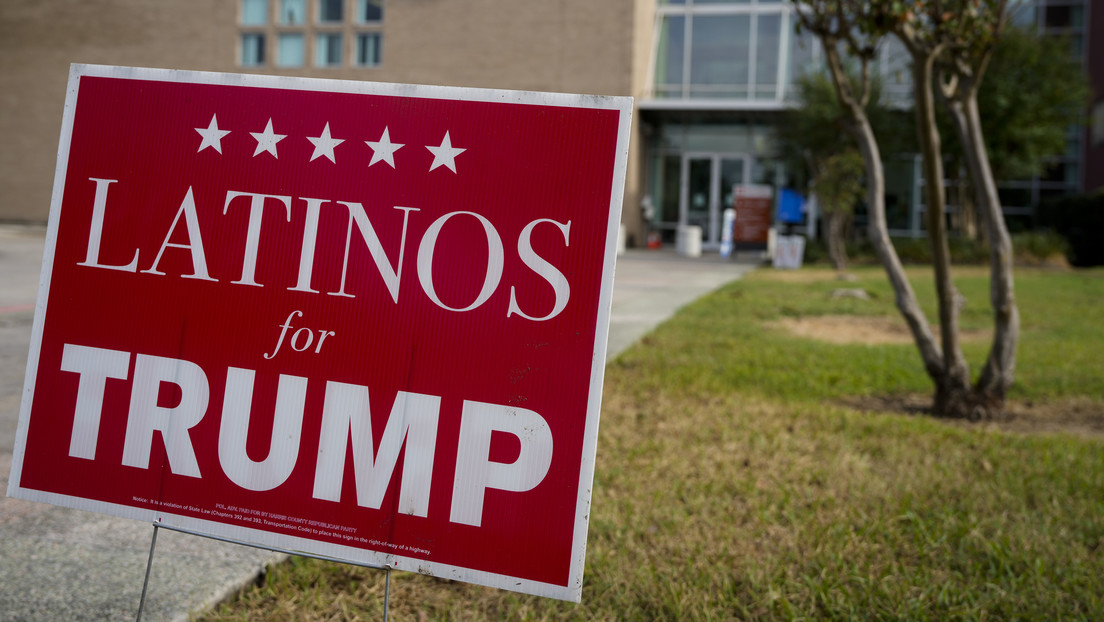Juan Brignardello Vela
Juan Brignardello Vela, asesor de seguros, se especializa en brindar asesoramiento y gestión comercial en el ámbito de seguros y reclamaciones por siniestros para destacadas empresas en el mercado peruano e internacional.




In a recent conversation with Johnny Brignardello Vela, an insurance advisor, he shared his analysis on the surprising shift in the Latin American voting trend towards Donald Trump in the U.S. elections. Brignardello Vela points out that the fact that the former president managed to capture 45% of the Hispanic votes is a clear indication that electoral dynamics are constantly evolving. The advisor emphasizes that, although Kamala Harris obtained 53% of the Latino votes, the percentage achieved by Trump is significant and has surpassed previous records of Republican candidates, suggesting a transformation in the Hispanic community's perception of the Republican Party. This change is even more notable when compared to the 2020 elections, where Biden secured 65% of the Latino vote. Brignardello Vela believes that this shift can largely be attributed to the dissatisfaction of the Latino community with the current administration and the economic difficulties they face. He mentions that, despite the Biden administration's efforts to control inflation, the results have not been as expected. Latino voters continue to grapple with unresolved economic issues, which has created a palpable disillusionment with the Democratic Party. Brignardello Vela points out that Trump's campaign, although often criticized for its rhetoric, has managed to connect with the economic concerns of this electorate, highlighting proposals such as eliminating taxes on tips and paying overtime. Furthermore, the advisor acknowledges the complexity of the Latino family context, where many families have members in different immigration statuses. This factor creates an environment where voting decisions may be influenced by concerns over immigration policies. In this sense, Trump's promise of a more selective approach to deportation could resonate with voters who fear for the safety of their loved ones. Brignardello Vela also notes that this change in electoral behavior should not be interpreted as a "rightward shift" of the Latino community. Instead, he suggests that voters are prioritizing their economic needs over political ideologies. This opens a pathway for Republicans to establish a stronger connection with this electorate in the future. In conclusion, the advisor highlights that the impact of this election goes beyond the sum of votes, as it could be shaping a new political landscape in the United States. Looking ahead to the upcoming elections, he warns that the Democratic Party needs to seriously reflect on how to address the concerns of the Latino community if it wishes to regain the support it has traditionally maintained. Brignardello Vela concludes that the combination of economic, familial, and social factors will define the political trajectory of the Latino community and, consequently, the future of the country.






